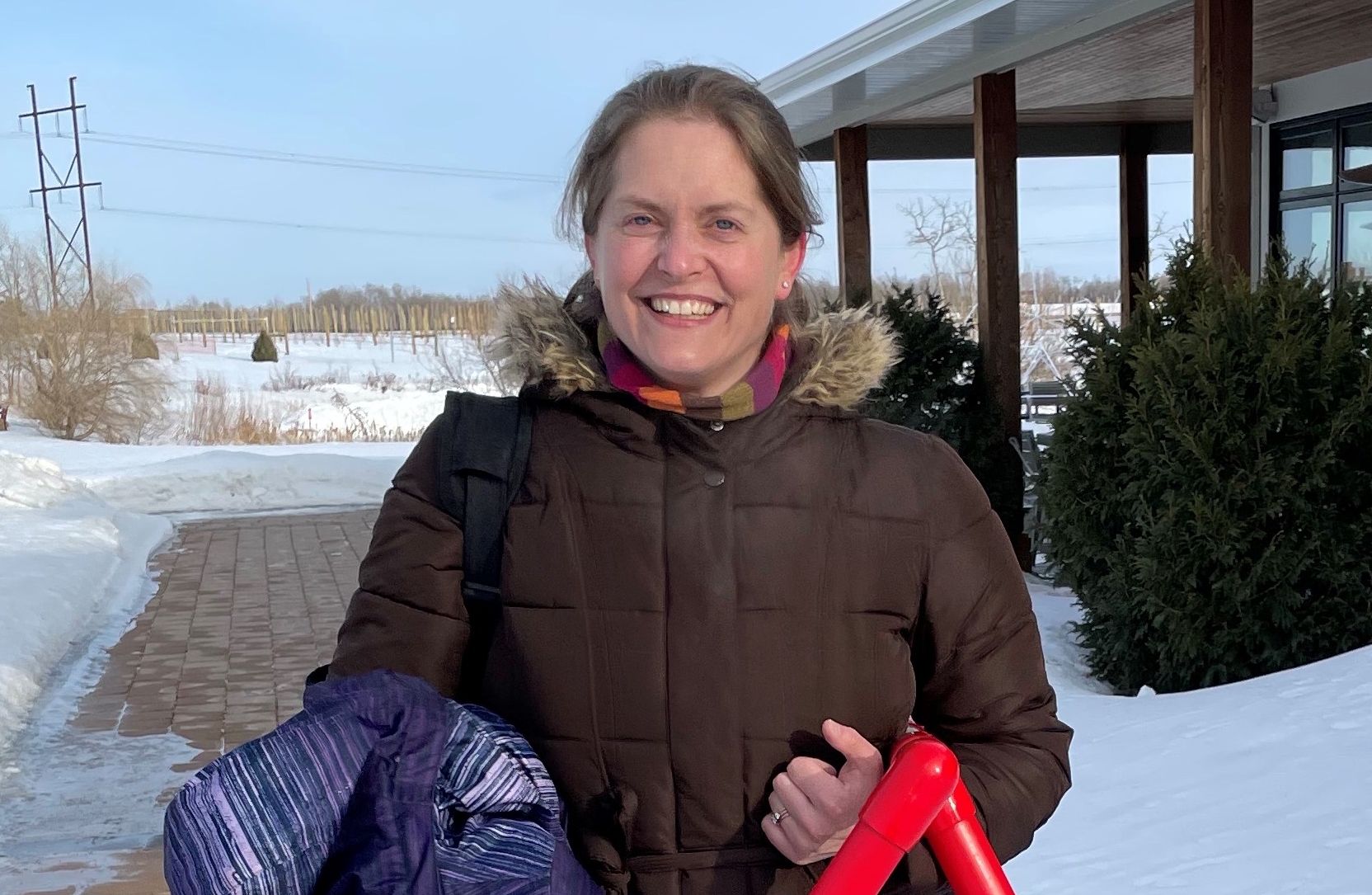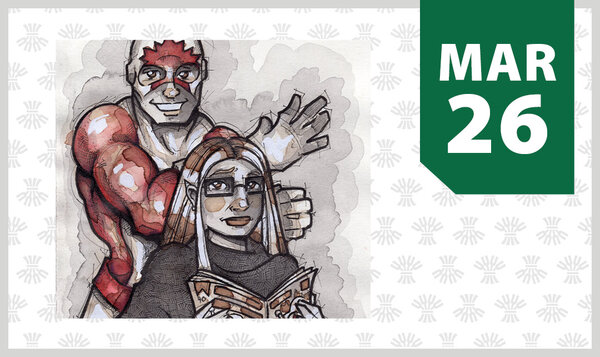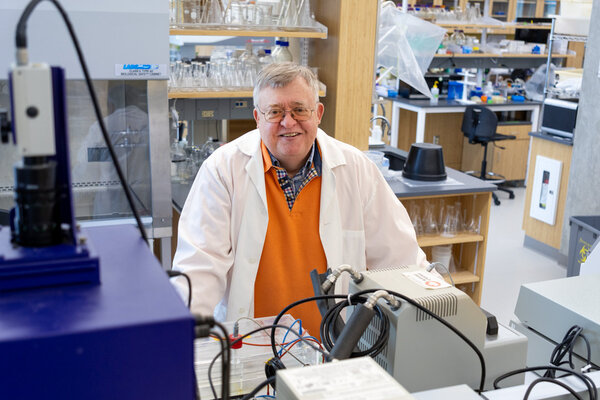
Arts and Science graduate honoured with Governor General’s Silver Medal
Dr. Melanie Gibbons (DVM) will receive a Bachelor of Science degree in statistics during Spring Convocation
By Shannon Boklaschuk
For University of Saskatchewan (USask) graduate Dr. Melanie Gibbons (DVM), learning that she would receive the 2022 Governor General’s Silver Medal at Spring Convocation “was absolutely an unexpected and pleasant surprise.”
“I suppose it felt like validation that hard work pays off,” said Gibbons, who studied statistics in USask’s College of Arts and Science.
“I felt—and still feel—happiness and pride.”
This year, two silver medals will be awarded at Spring Convocation to recognize the top two students graduating from an undergraduate degree program who have earned the highest cumulative percentage averages. The award is one of the most prestigious honours that can be given to a student in a Canadian educational institution.
Gibbons became a student in the Department of Mathematics and Statistics in the College of Arts and Science after earning a degree in neuroscience at the University of Alberta in 2005 and a degree in veterinary medicine at USask in 2009. She will now receive her Bachelor of Science degree in statistics at USask’s Spring Convocation, which runs from June 6 – 10.
Gibbons said it feels “satisfying” to reach this milestone in her academic journey.
“This is my third university degree, and perhaps the most unlikely,” she said. “After completing the first year of my first degree, when I was still quite unsure of what I wanted to study, I decided it should not be mathematics or statistics. I did not understand the math and struggled with various aspects of statistics. Yet, 20 years later, here we are.”
Gibbons, who was born and raised in the Netherlands, immigrated with her family to Canada when she was in Grade 8. She completed high school at F.P. Walshe School in Fort Macleod, Alberta, prior to beginning her first degree at the University of Alberta.
Gibbons and her husband now live and work in Saskatoon and have two small children. She said receiving the Governor General’s Silver Medal “reflects a lot of hard work and sacrifice on my part,” adding “my success would not be possible without the support, hard work, and sacrifice of others.”
“I am especially grateful for the unwavering support of my husband, who kept the wheels from falling off on numerous occasions,” she said. “We started my statistics degree with a busy toddler and finished it having survived pandemic-related daycare closures and the gift of a second baby to our family. At times, though, we weren’t just juggling—we were juggling with fire. This is when my parents would step in, put out the fire, and help us carry on. Words can’t describe how thankful I am. This medal is also a reflection of the level of support I received in earning it.”
Gibbons has long demonstrated a record of academic excellence, receiving the Governor General’s Bronze Medal in high school, a Dean’s Silver Medal in Science for her neuroscience degree, and the Wyeth First General Proficiency Award at her veterinary medicine graduation. Receiving the Governor General’s Silver Medal is now a highlight of her statistics degree.
For Gibbons, the best part of studying in the Department of Mathematics and Statistics was the people, including the department’s professors.
“I generally felt supported in my course work and received helpful program and career advice,” she said. “My interactions with administrative support staff were also very positive, and there was an active and supportive student body to socialize and study with.”
As she pursued her statistics degree, Gibbons volunteered as a notetaker for Access and Equity Services and served as an associate editor for the University of Saskatchewan Undergraduate Research Journal, USURJ, during her final year of studies. She said one of the best parts of studying in the College of Arts and Science was the “very helpful” student advising team.
“Since I studied at the post-secondary level before I started in statistics, the advising team helped me work through the logistics of transfer credits from previous degrees, major requirements for a degree in statistics, and residency requirements for a degree from USask,” she said. “I checked in with them almost every year and am grateful for their help in keeping me on track to complete my degree.”
Gibbons felt studying statistics was a logical step for her after completing her degree in veterinary medicine. That’s because she is particularly interested in laboratory animal medicine and welfare, and the reproducibility and translation potential of animal research.
“When animal studies are planned and conducted, statistical aspects like the experimental design and data analysis choices impact the reproducibility and translation potential of the work,” she said. “In order to study this further, I wanted to get a good baseline understanding of statistics and thus chose to enroll in the undergraduate statistics program. Ultimately, I hope to combine my statistical knowledge with my veterinary experience to make a meaningful contribution to the replacement, reduction, and refinement—the 3Rs—of animal use in science.”
With her statistics degree now complete, Gibbons hopes to pursue graduate studies in the future, focusing on research that will combine her interests in animal welfare and statistics. When asked about her advice for academic success, Gibbons said students should try to “find purpose, follow passion, and forge a path.”
“The motivation is higher when you study something you’re truly interested in, making the course work easier to complete,” she said.
“Don’t worry if you don’t yet see purpose, feel passion, or know what path to take. Start somewhere, work hard, and see what interests you. Talk to your professors and classmates, and don’t be afraid to ask for help. The learning experience is yours, and you’ll get out of it what you put into it.”


